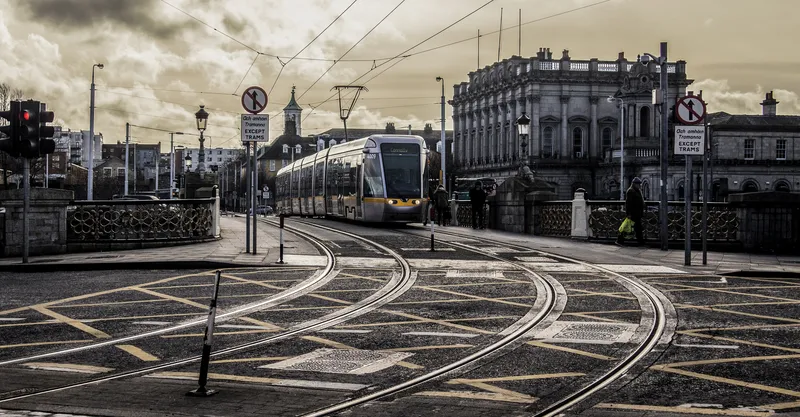The Flexity Berlin concept was jointly developed by BVG and Bombardier Transportation, which they say has resulted in a 100 and barrier-free, leading edge tram providing easy access which is highly popular in Berlin and has already received several design awards.
The interior offers ample space as well as multi-purpose areas and air-conditioning both in the passenger area and the driver's cab. The vehicles boast low electricity consumption and feed braking energy back into the system.
Together with its Chinese joint venture Changchun Bombardier Railway Vehicles Company. (CBRC), Bombardier celebrated the opening of passenger services on the remaining 16 stations on Shanghai line 12 with the customer, Shanghai Rail Transit Line 12 Development, a subsidiary of Shanghai Shentong Metro Group.
With the new Bombardier Movia metro trains now introduced into passenger service, Bombardier has now delivered all 246 Movia metro cars (41 trains) for the 40.4 km underground line.
Bombardier Movia metro cars are high-tech, high capacity trains, which deliver rapid, reliable and cost-effective transport. The high capacity vehicles are environmentally friendly through the use of Bombardier Mitrac propulsion technology with low energy consumption and optimised electro-dynamic braking performance.
Bombardier success in Germany and China
Bombardier Transportation is to supply an additional 47 Bombardier Flexity trams to Berlin’s transport operator Berliner Verkehrsbetriebe (BVG) as part of a framework agreement for a maximum of 206 vehicles signed in 2006. The Flexity Berlin concept was jointly developed by BVG and Bombardier Transportation, which they say has resulted in a 100 and barrier-free, leading edge tram providing easy access which is highly popular in Berlin and has already received several design awards.
December 21, 2015
Read time: 2 mins









